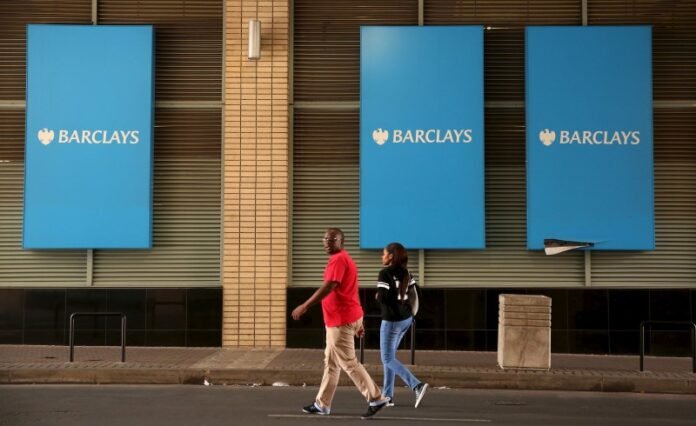Investing.com — In a note Thursday, Barclays (LON:BARC) analysts clarified the implications of Section 899 of the U.S. House’s reconciliation bill, “Enforcement of Remedies Against Unfair Foreign Taxes,” outlining three key takeaways.
Firstly, Barclays believes that “foreign investors may be largely spared from Section 899.”
Specifically, the bank says that “interest income on U.S. debt securities (e.g., Treasuries, agencies, corporate bonds) and capital gains earned by foreign investors should not be impacted by Section 899.”
However, “Foreign investors would face a higher tax rate on dividend income from U.S. companies.”
Overall, Barclays’ view is that “Section 899 should not make U.S. securities uninvestable for foreign investors or cause major disruption to U.S. equity or bond markets.”
Secondly, an “underappreciated provision known as the ’Super BEAT’ could significantly increase taxes on the U.S. operations of foreign multinational companies, reducing their after-tax earnings.”
This expanded application of the existing Base Erosion and Anti-Abuse Tax (BEAT) is expected to be “the primary driver of higher U.S. taxes.”
Based on historical BEAT revenue collection, sectors most likely to be impacted include manufacturing, finance and insurance, professional, scientific, and technical services, wholesale trade, and information.
Thirdly, Barclays expects that “Section 899 is likely to be in the final version of the reconciliation bill.”
They note that Treasury Secretary Bessent defended the section in recent testimony.
While the Senate may introduce “some technical corrections to clarify the drafting of Section 899,” Barclays says they “could delay its implementation one year until 2027 to give the Trump administration time to negotiate tax policy with foreign countries.”







